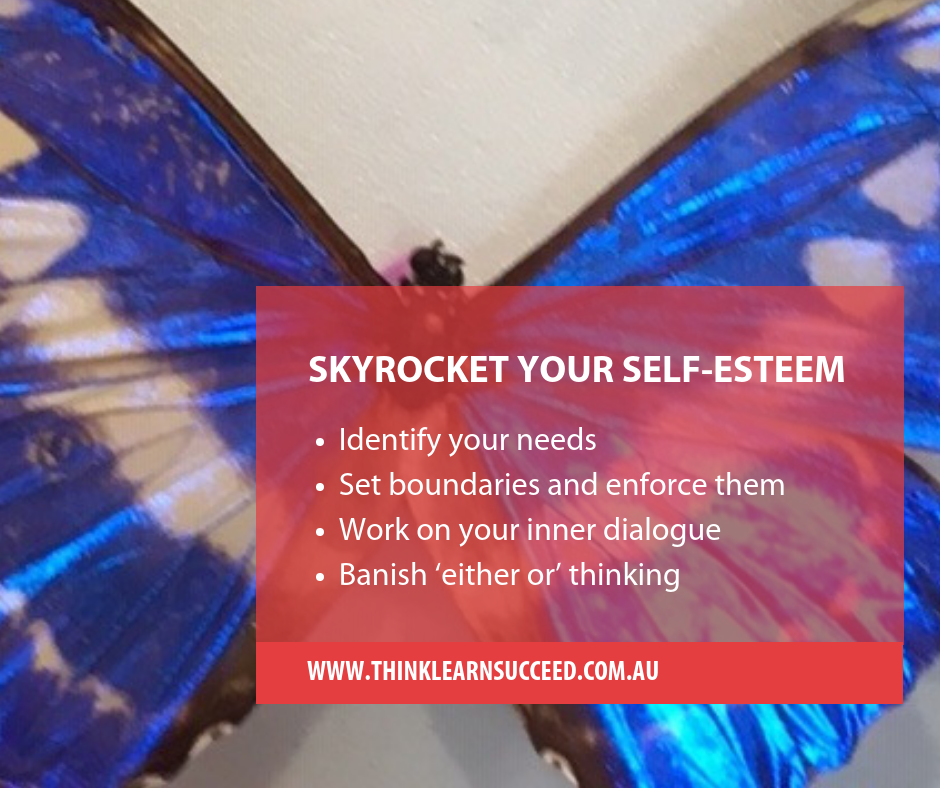When is deviant behaviour useful? When it provides positive outcomes. In these cases, it is called ‘positive deviance’. Positive psychologists define positive deviance as aberration from the norm in constructive ways. People who solve unsolvable problems are positive deviants. They think and behave in ways that promote success.
So how is the positive deviance concept useful in practical terms? Positive psychology trainers are very interested in this question, as application into real world contexts is where positive deviance can make a huge difference. It can be used to promote social or behavioural change. Practical applications of positive deviance are based on the idea that every group has outliers that succeed in areas where others fail. By identifying their behaviour and applying it to the group, it is possible to bring about favourable change.
Deviance refers to a behaviour that goes against the norm. Positive psychology trainers refer to deviants as those that do not conform to the accepted standards of society. While people typically use this term to refer to negative behaviour, deviance can be positive.
According to the positive deviance model, there are individuals within each community that thrive where others tend to struggle. Positive psychology trainers and coaches study these people – and leaders should, too. Their constructively deviant behaviour gives them an advantage over others, despite having access to the same resources.
So just how is positive deviance difference to what most people think of as deviance? Negative deviance includes behaviour that departs from accepted norms in a socially unacceptable way. Criminal acts are typically considered a type of negative deviance. Positive deviance is behaviour that defers from the norms but brings constructive results.
Businesses can use this model to search for people that deviate from the rules yet produce the best results. The workers that follow their own path may hold the key to overcoming the challenges within your organisation. By working with positive psychology trainers and coaches, you can encourage everyone to become a positve deviance and build a thriving workplace culture.
Subscribe to our mailing list and receive fornightly tips and videos:
The concept of positive deviance was first applied in the field by Jerry Sternin and Monique Sternin with the assistance of Richard Pascale. The group was involved in Save the Children in Vietnam in the early 1970s. This endeavour addressed the spread of malnutrition among children in rural villages.
To find a solution, the group looked for children in the villages that were well nourished. The families with well-nourished children engaged in positive deviance.
They followed their own approach, such as eating small meals throughout the day. This deviated from the same routines and diets as their neighbours,. By designing a program that followed the positive deviant behaviour, the group helped decrease malnutrition in the area by 85%.
Since the publication of this model, many organisations have employed the same techniques to uncover new business strategies or practices. Positive deviance can help organisations find employees who find better solutions when faced with the same challenges as their peers. Finding these outliers and seeing what they do differently allows groups to identify and implement new approaches to existing problems.
So, how do you apply this model within an organisation? Positive psychology trainers recommend taking five core steps:
- Define the problem or challenge
- Identify positive deviants
- Observe the behaviour of positive deviants
- Replicate the behaviour among the group
- Reward and reinforce the new behaviour
Remember that deviance is not always a bad thing. The positive deviance model gives teams and organisations a powerful tool to identify a more successful approach to problems or challenges. Instead of following the same old business practices, find those that are succeeding and replicate their behaviour.
About the author of this article:
Eleanor Shakiba is a master trainer. She runs workshops in positive psychology techniques such as positive deviance, learned optimism, constructive communication and positive leadership. Eleanor can help your people build a thriving business, and a flourishing workplace culture. Eleanor is the author of the Positive Psychology Toolkit for HR and L&D practitioners. She also runs a range of retreats and workshops for trainers and facilitators.

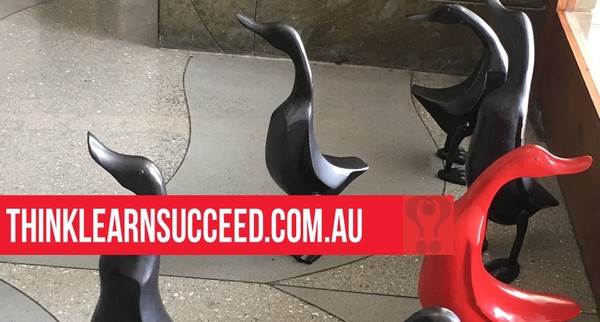


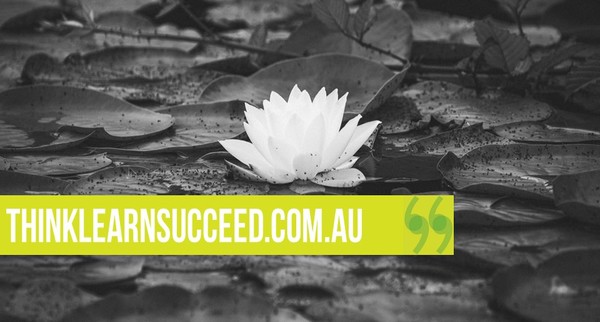

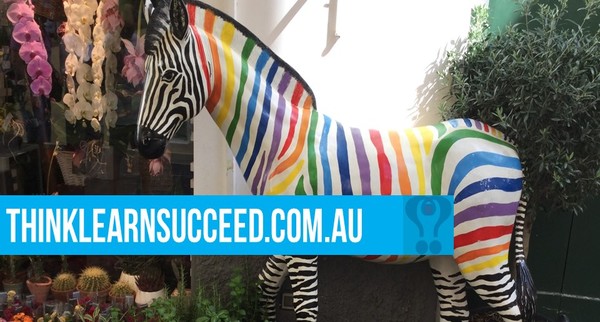
 When you enter a state of flow whilst working, the quality of your output is much better than when you’re distracted. In my last article
When you enter a state of flow whilst working, the quality of your output is much better than when you’re distracted. In my last article 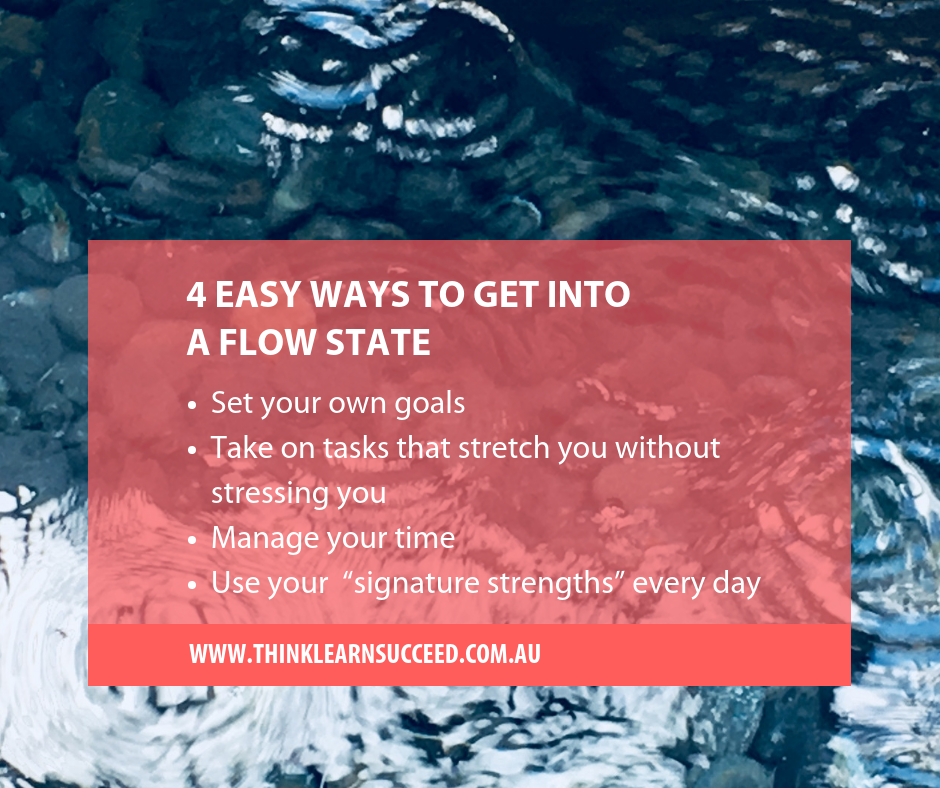
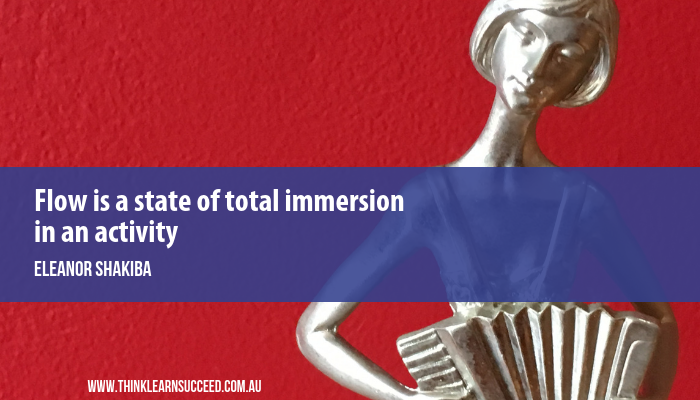 Athletes call it being in the zone. Artists call it being inspired. Jazz musicians call it being in the groove. In positive psychology, it’s called a flow state. When you’re in flow, you are fully absorbed and focused. Your attention is on the task at hand and everything else fades out of awareness. And it’s highly likely you’re performing at your peak.
Athletes call it being in the zone. Artists call it being inspired. Jazz musicians call it being in the groove. In positive psychology, it’s called a flow state. When you’re in flow, you are fully absorbed and focused. Your attention is on the task at hand and everything else fades out of awareness. And it’s highly likely you’re performing at your peak.